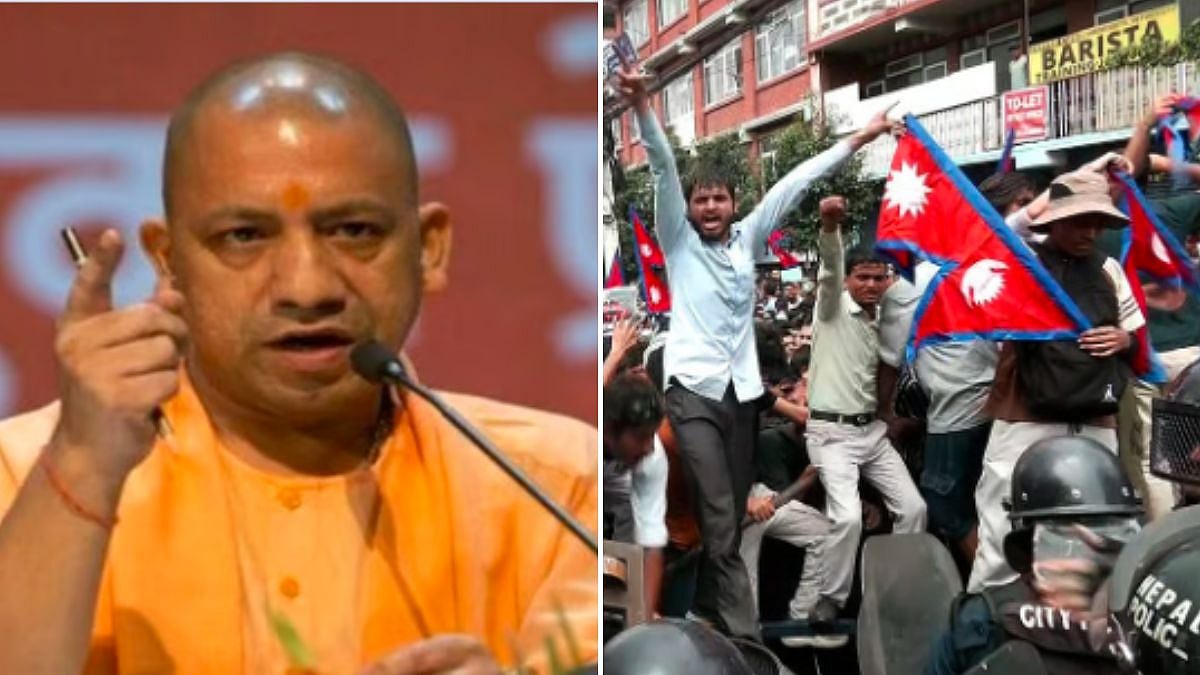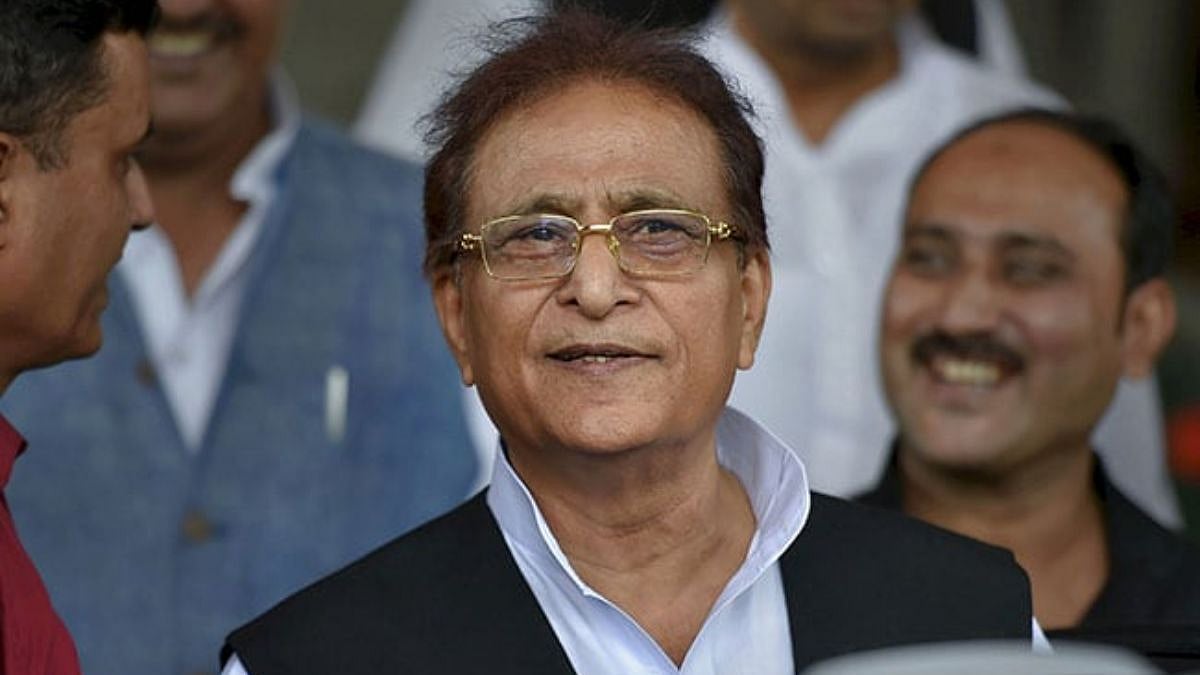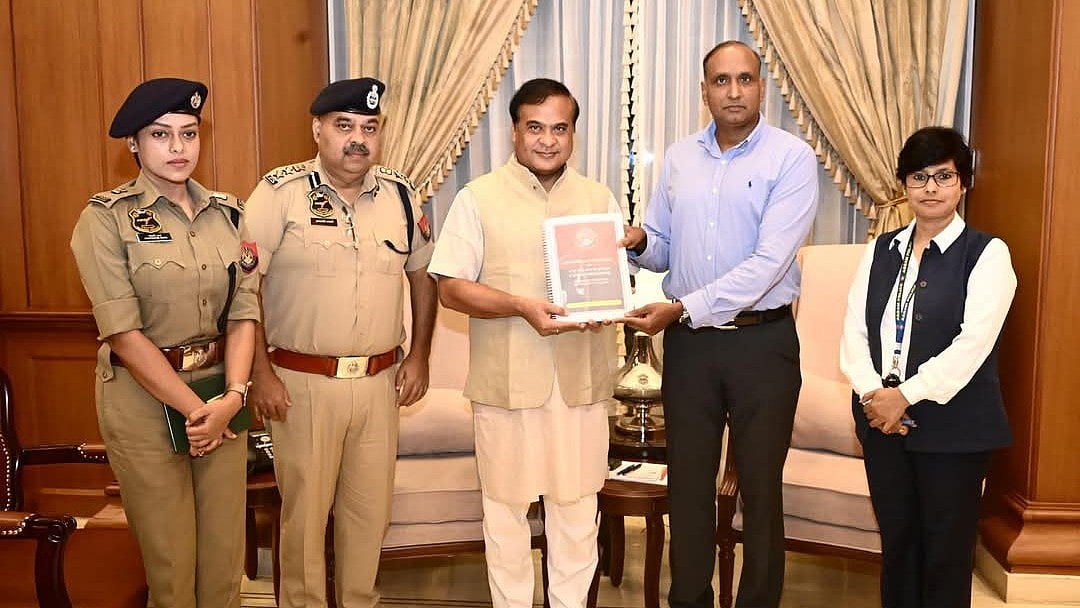New Delhi : Former Union Law Minister Hansraj Bhardwaj on Monday admitted DMK had exerted pressure on the UPA-I government to grant extension to Madras High Court’s additional judge Ashok Kumar, but asserted that at no stage any procedure was short-circuited or compromised in giving extension or later confirmation to him.
Reacting to a front-page article in a national daily by Press Council of India Chairman Markandey Katju, a retired Supreme Court judge, on extension granted to the judge, Bhardwaj said Katju should be guarded about upholding the dignity of the judicial institutions and should not make such comments.
Bhardwaj, who retired as the Karnataka Governor last month, said Katju had certainly opposed extension to Justice Ashok Kumar (since retired) in a report to the then Chief Justice of India, noting his proximity to a political party but without backing up the adverse remark with any proof.
He said the government had received a representation from the DMK MPs that Justice Kumar was being discriminated against and was being denied confirmation as a permanent judge since he was a Dalit. Since the government had to factor all the views, Bhardwaj said the DMK representation was sent to then CJI R. C. Lahoti who recommended a year’s extension to Justice Ashok Kumar.
Bhardwaj said a report was also sought about Justice Kumar from the Intelligence Bureau which in turn gave him a clean chit.
He said despite pressure from the DMK, which was a UPA partner, the government had not buckled under but followed the procedure in granting one-year extension to Kumar as additional judge, in addition to two years of term already completed. Meanwhile, the Campaign for Judicial Accountability and Reform has said the revelation by Justice Katju “highlights the serious problems with the process of appointment of judges to the higher judiciary” and the collegium succumbing to undesirable pressure of political executive. Its convener and senior advocate Prashant Bhushan hailed Justice Katju for giving first-hand insider information that “despite full knowledge about the dubious reputation of the person concerned, he still came to be appointed by the Supreme Court collegium because he was a favourite of the DMK party, since he had granted bail to its supremo Karunanidhi.”
“Some of the judges involved in the collegium, which participated in his appointment, have themselves been at the centre of very serious allegations of corruption,” Bhushan said in a statement.
“Several dubious persons have come to reach top positions in the judiciary where they can appoint more such dubious persons to the judiciary. It also shows that judges in the collegium often succumb to undesirable pressure from the political executive even when the power of appointment of judges is essentially vested in the judiciary,” he said.
The most important lesson to be learnt from this example is the “dangers of lack of transparency in the appointment of judges,” he added.










